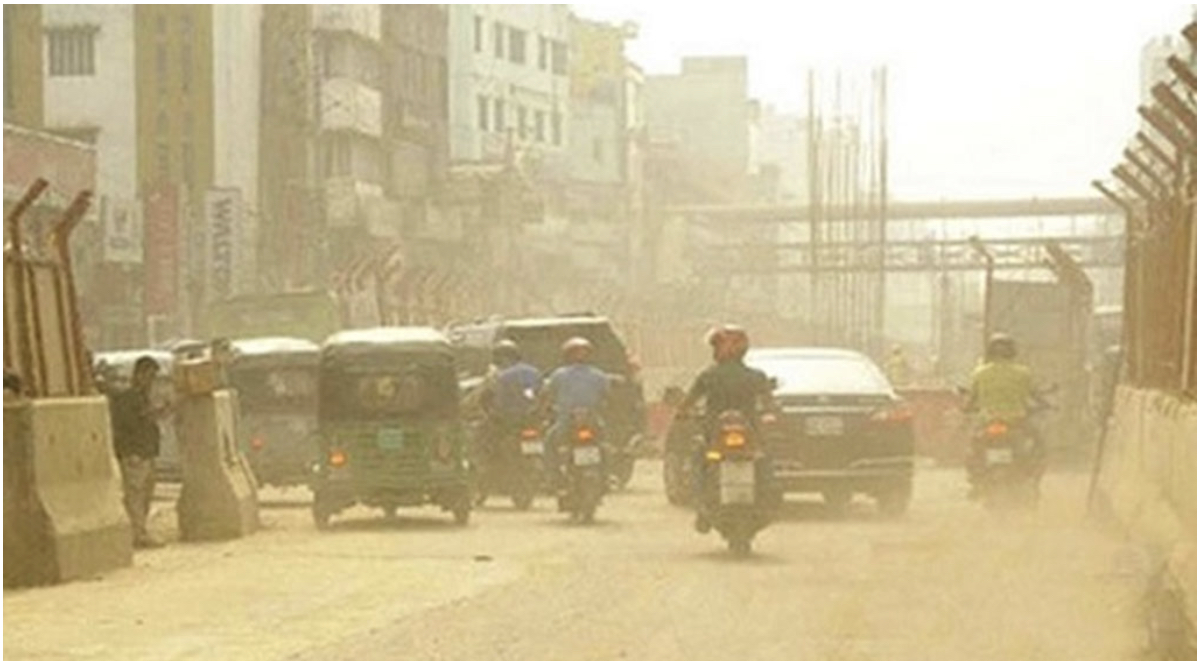As the dry days of late autumn settle in, the air quality in Dhaka has taken a sharp turn for the worse. Today, the city’s air is officially categorized as unhealthy for everyone.
According to the Swiss air quality monitoring firm IQAir, Dhaka recorded an Air Quality Index (AQI) of 191 this morning at 8:30 AM. This poor reading has placed Dhaka as the third most polluted city in the world today.
Understanding the Danger Level
To put the number into perspective, here is what the global standards for the Air Quality Index (AQI) mean:
| AQI Range | Classification | Health Impact |
|—|—|—|
| 0 – 50 | Good (Pure) | Clean air. |
| 51 – 100 | Moderate (Tolerable) | Acceptable. |
| 101 – 150 | Unhealthy for Sensitive Groups | Unhealthy for children, elderly, and people with respiratory issues. |
| 151 – 200 | Unhealthy (Dhaka’s current state) | Unhealthy for everyone. |
| 201 – 300 | Very Unhealthy | Health alert; everyone may experience serious effects. |
| 300+ | Hazardous | Emergency conditions. |
The Global Picture & Health Risks
Dhaka is unfortunately in poor company on the global pollution list. Topping the chart today is Lahore, Pakistan, with a disastrous AQI of 421. The other cities rounding out the top five are Delhi (269) and Kolkata (176) in India, and Karachi (165) in Pakistan.
IQAir notes that the primary pollutant driving Dhaka’s crisis is Particulate Matter (PM)—tiny airborne particles. High levels of this pollution create severe, long-term health risks, including respiratory illnesses, heart disease, and even cancer.
The gravity of air pollution is underscored by a 2023 study published in the British Medical Journal (BMJ), which reported that pollution from fossil fuels alone is responsible for an estimated 5.2 million deaths worldwide every year.
Dhaka Chokes as Air Quality Hits ‘Unhealthy’ Levels


